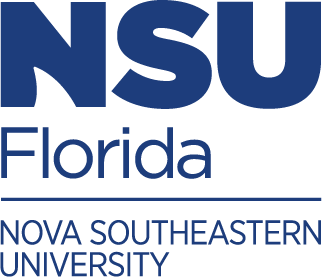Newswise — The CDC recently released more staggering statistics on the increasing numbers of children affected by autism and the advocacy group – and, the advocacy group Autism Speaks, has projected that one half million children with autism will become adults over the next decade. What happens to the school age children once they become young adults??
How are advances in technology being used to increase communication by individuals with autism? Nova Southeastern University's Sue Kabot and/or Robin Parker can provide you with more insight….
•Susan Kabot, Ed.D, - Executive Director of the Autism Institute at Nova Southeastern University (NSU). Kabot has spent the last 25 years at the university developing and directing programs for individuals with autism, their families, and the professionals who serve them. Her accomplishments include the development of pioneering programs including Starting Right, an early intervention service for children 18-to-36 months diagnosed with, or at risk for an autism spectrum disorder and the Baudhuin Preschool, providing an educational program for children 3-5 years of age with autism spectrum or related disorders in contract with the School Board of Broward County. •Robin Parker, SLP.D - UM/NSU Center for Autism and Related Disabilities ([email protected]) - Program Professor and clinical supervisor in the Programs in Communication Sciences and Disorders at Nova Southeastern University. She is the senior director of the UM-NSU, Center for Autism and Related Disabilities, Nova Satellite. Parker has worked with children and adults with autism spectrum disorders for the past 20 years. Her area of interest is the use of technology to help facilitate communication and language skills. She came to NSU from New York City, Mount Sinai Hospital in 1993. She focuses her clinical and teaching work on individuals with autism spectrum disorders. She lectures at the local, national, and international level. She has written book chapters and articles on autism spectrum disorders.
